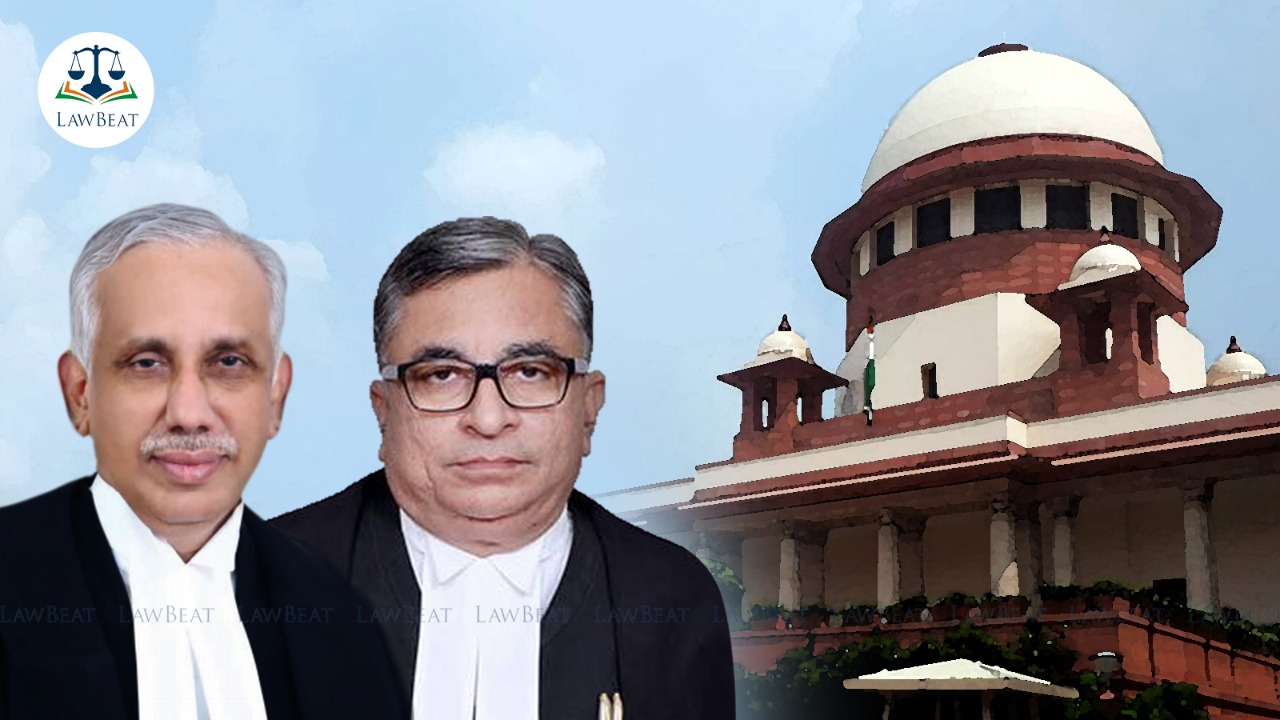Inherited property of Hindu woman dying without issue or will goes back to source from which property was inherited: Supreme Court

The Supreme Court has clarified that the basic aim of the legislature in enacting Section 15(2) of the Hindu Succession Act is to ensure that inherited property of a female Hindu dying issueless and intestate, goes back to the source.
A bench of Justices S Abdul Nazeer and Krishna Murari added that if a female Hindu dies intestate without leaving any issue, then the property inherited by her from her father or mother would go to the heirs of her father whereas the property inherited from her husband or father-in-law would go to the heirs of the husband.
"In case, a female Hindu dies leaving behind her husband or any issue, then Section 15(1)(a) comes into operation and the properties left behind including the properties which she inherited from her parents would devolve simultaneously upon her husband and her issues as provided in Section 15(1)(a) of the Act....", the bench said.
The top court further remarked that the right of a widow or daughter to inherit the self-acquired property or share received in partition of a coparcenary property of a Hindu male dying intestate is well recognized not only under the old customary Hindu Law but also by various judicial pronouncements.
A perusal of the scheme of sub-Section (1) of Section 15, the court held, goes to show that property of Hindu females dying intestate is to devolve on her own heirs, the list whereof is enumerated in Clauses (a) to (e) of Section 15 (1).
The division bench added that Sub-Section (2) of Section 15 carved out exceptions only with regard to property acquired through inheritance and further, the exception is confined to the property inherited by a Hindu female either from her father or mother, or from her husband, or from her father-in-law. It added,
"The exceptions carved out by sub-Section (2) shall operate only in the event of the Hindu female dies without leaving any direct heirs, i.e., her son or daughter or children of the pre-deceased son or daughter."
Referring to Section 15(1)(d), the court said that the devolution upon the heirs of the father shall be in the same order and according to the same rules as would have applied if the property had belonged to the father and he had died intestate in respect thereof immediately after the daughter's death.
An appeal was filed by Arunachala Gounder through her representatives against and order of the trial court whereby it had refused to allow its suit for for partition, claiming 1/5th share in the suit properties.
In the case before court, the property in question was admittedly the self-acquired property of one Marappa Gounder. The question raised by the appellant was whether Late Gounder's sole surviving daughter Kupayee Ammal, will inherit the same by inheritance and the property shall not devolve by survivorship?
The question that arose for the court's consideration was whether a sole daughter could inherit her father's separate property dying intestate (prior to the enactment of Hindu Succession Act, 1956).
It was noted that since the succession of the suit properties opened in 1967 upon death of Kupayee Ammal, the 1956 Act shall apply and thereby Ramasamy Gounder’s (brother of Marappa) daughters being Class-I heirs of their father too shall be heirs and entitled to 1/5th share each in the suit properties.
With this view, the appeal was allowed and the impugned decree was set aside.
Cause Title: ARUNACHALA GOUNDER (DEAD) BY LRS. v PONNUSAMY AND ORS.
